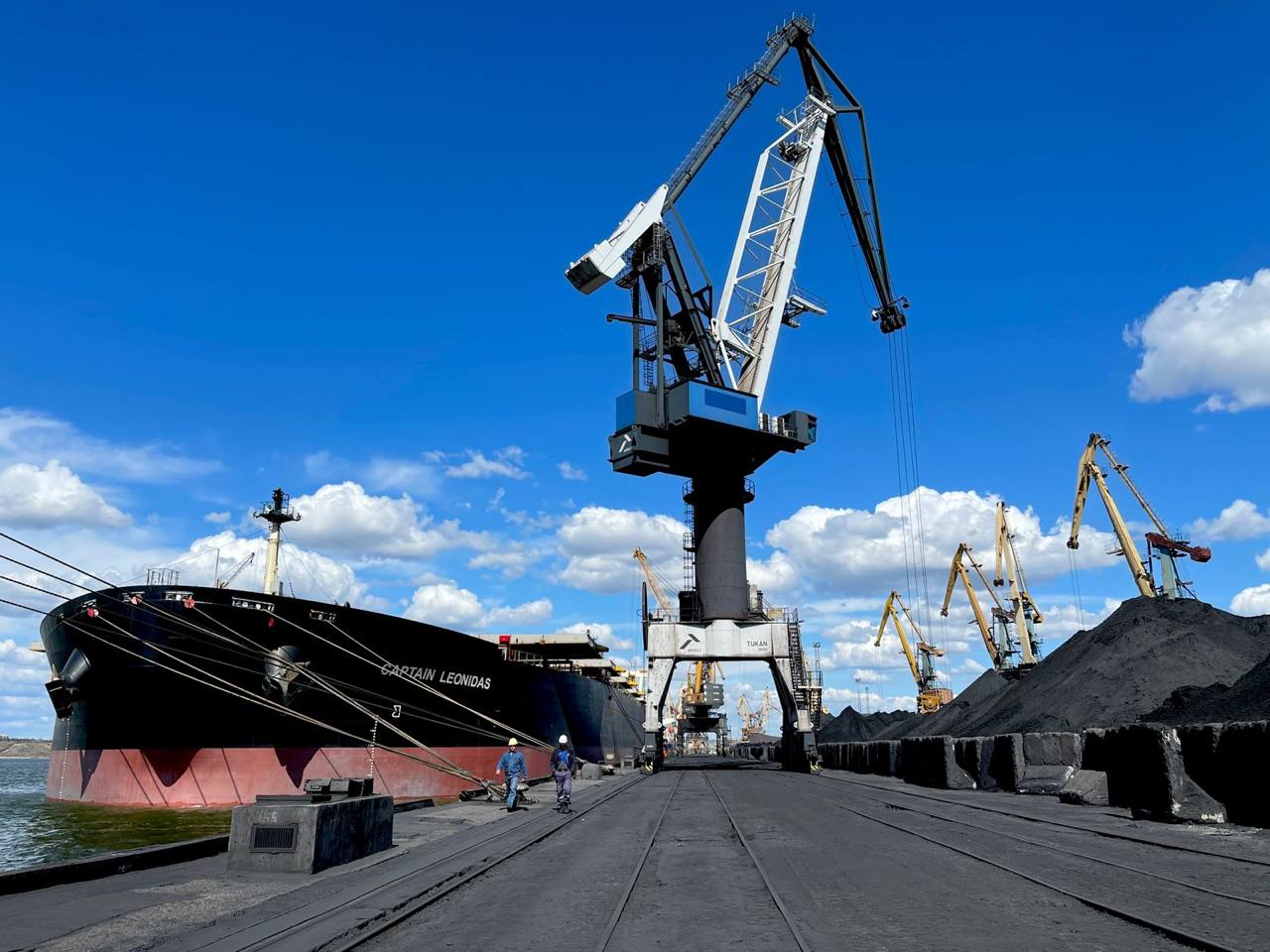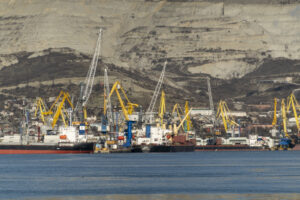The Administration of Ukrainian Sea Ports Authority (USPA) came to the conclusion that today’s port infrastructure provides more grain exports than pre-war.
The head of USPA Yurii Lytvyn emphasized that the top priorities are to support the operation of the Ukrainian Corridor, rebuild port infrastructure, and digitalize all processes in the ports.
“Today’s infrastructure ensures more grain exports than the pre-war one,” says Lytvyn.
Over the past two years, Ukraine has strengthened its export routes and increased export volumes. Ukrainian ports handled 37.7 million tons of cargo in January-April this year, compared with 22 million tons in 2023.
Grain cargo constituted the largest share of the total volume of cargo handled by Ukrainian seaports in April, reaching 6.3 million tons, compared to 3.9 million tons in 2023.
As it is reported by analysts, from the dynamics that they see and feel now, 2024 will become absolutely record-breaking and will reach the average pre-war level.
The flow of grain ships is a welcome boost for Ukraine’s economy. In the first quarter of this year, Black Sea grain exports even exceeded prewar levels, according to the Ukrainian data.
Estimates of grain and figures on the number of grain ships arriving in Ukrainian ports point to similar trends.
However, Ukraine still faces a number of challenges that could prevent grain exports from stabilizing at prewar levels, including continued Russian attacks on port facilities.
Russia continues to target Ukraine’s port infrastructure, and with Ukraine now facing a shortage of air-defense weapons, more missiles are getting through.
The data, from a New York Times analysis of daily Ukrainian military reports, shows a major shift: Ukrainian air defenses used to intercept most missiles, but in recent months, more and more have made it through.
The Times analyzed hundreds of statements released by the Ukrainian Air Force over the past year that detailed the number and types of missiles fired by Russia and intercepted by Ukraine over that period. While the data cannot be independently verified, experts who study the war say it is broadly reliable.
But analysts say that the overall environment has been improving, noting that companies are eager to ship Ukrainian grain despite the war.
The rise has been helped by deals that Ukraine has brokered with global insurers to provide cover for ships.
Ukraine has won an agreement with Marsh McLennan and Lloyd’s to expand the current war risk insurance program to cover ships carrying all non-military cargo such as iron ore, steel, and containerised shipping.
The public-private partnership with Ukrainian government, Lloyd’s and the advisory and insurance specialist Marsh McLennan, will support Ukraine export trade by providing lower war risk premiums.
The facility “Unity”, as it is called, will provide exporters with lower premiums to ship a wider range of goods through its Black Sea trade routes and deliver “major economic benefits to Ukraine.”
Launched in November 2023 to provide affordable war risk insurance for grain shipments and other critical food supplies globally, the “Unity” offers hull and separate protection & indemnity (P&I) war risk insurance at significantly reduced premiums compared to standard market pricing.
In addition to grain, Unity now provides cover for Ukraine’s other leading export industries including iron ore, steel, electrical equipment, and animal fodder.
Almost 1600 vessels exported 45 million tons of cargo from the ports of Big Odessa for 9 month of #UkrainianCorridor. It’s mainly Ukrainian agro products for world food markets. Despite Ukraine is still a top exporter of agricultural products and guarantee of world food security.… pic.twitter.com/myL69Fuh58
— Oleksandr Kubrakov (@OlKubrakov) May 10, 2024



